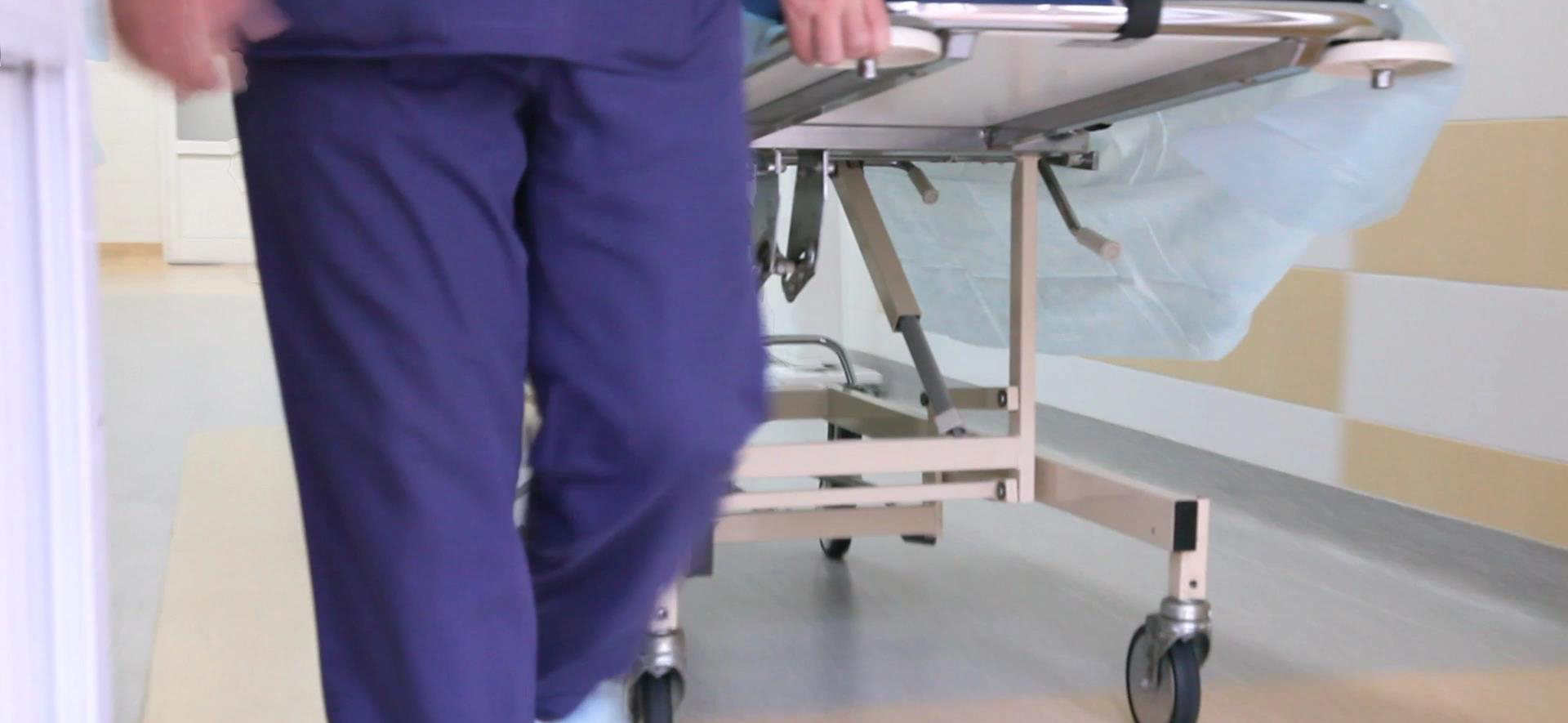Patient Psychology and Psychosomatics
The Power to Harm?
While mainstream medicine acknowledges the power of psychosomatics — mind/body interaction as it relates to disease and wellness — it seems to utilize this potential asset either very little in positive ways, or, disturbingly, in ways that definitely do not help the patient get better.
The power of 'bedside manner' to help accelerate healing, or the debilitating effects of negative signals to the patient, among others, are well-known psychosomatic concepts within medicine. In fact, so well known — yet so little understood — is this phenomenon that the discipline of psychoneuroimmunology was born so that medical science could investigate this modality more closely. The power of the mind/body connection is so compelling that it is currently being studied at both Cambridge and Harvard medical schools (see "The Power of the Placebo," a video featured on DailyMotion).
It can be said, then, that doctors and medical professionals know full well that how they communicate with the patient will affect outcome and disease remission progress. So when a patient questions a doctor about, for example, the need for a resection after successful chemo treatments and radiotherapy, and the doctor replies, "if you don't have a resection, you will most likely die . . ." completely ignoring even the consideration of the possibility of alternative methods of long-term cancer recurrence suppression that don't require surgery, one must wonder about the good doctor's agenda.
Could it be that the doctor is trying to scare up business? Or worse, is the doctor, perhaps subconsciously, using the power of psychosomatics to deliberately try to exacerbate or prolong the duration of the disease process? Obviously, the longer the patient suffers, the longer the duration of the stream of income — after all, medicine is a business, first and foremost.
One, in fact, is left to wonder about the nature of patient psychology, in general, and the way it's being used in the hands of mainstream medicine.


